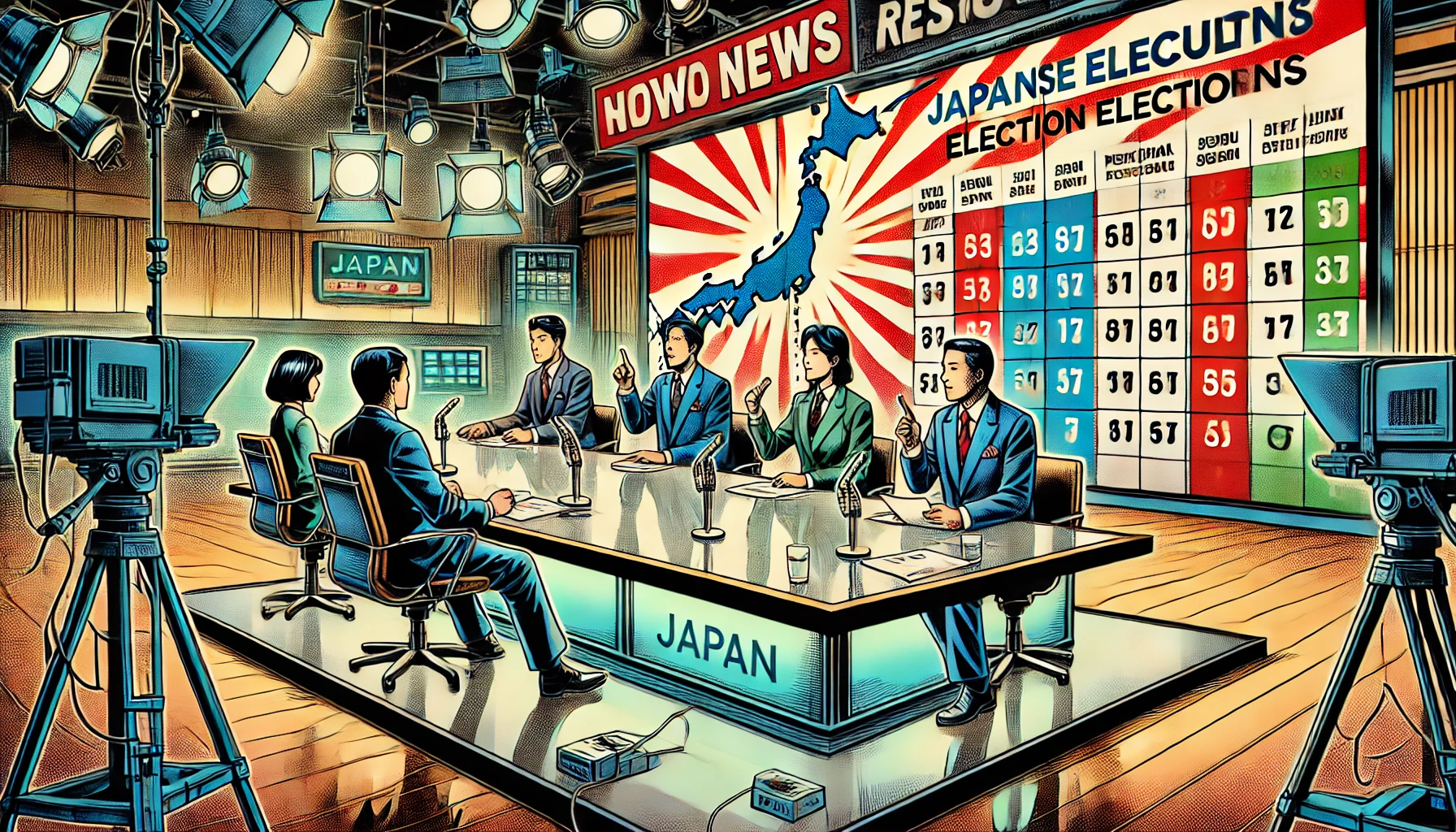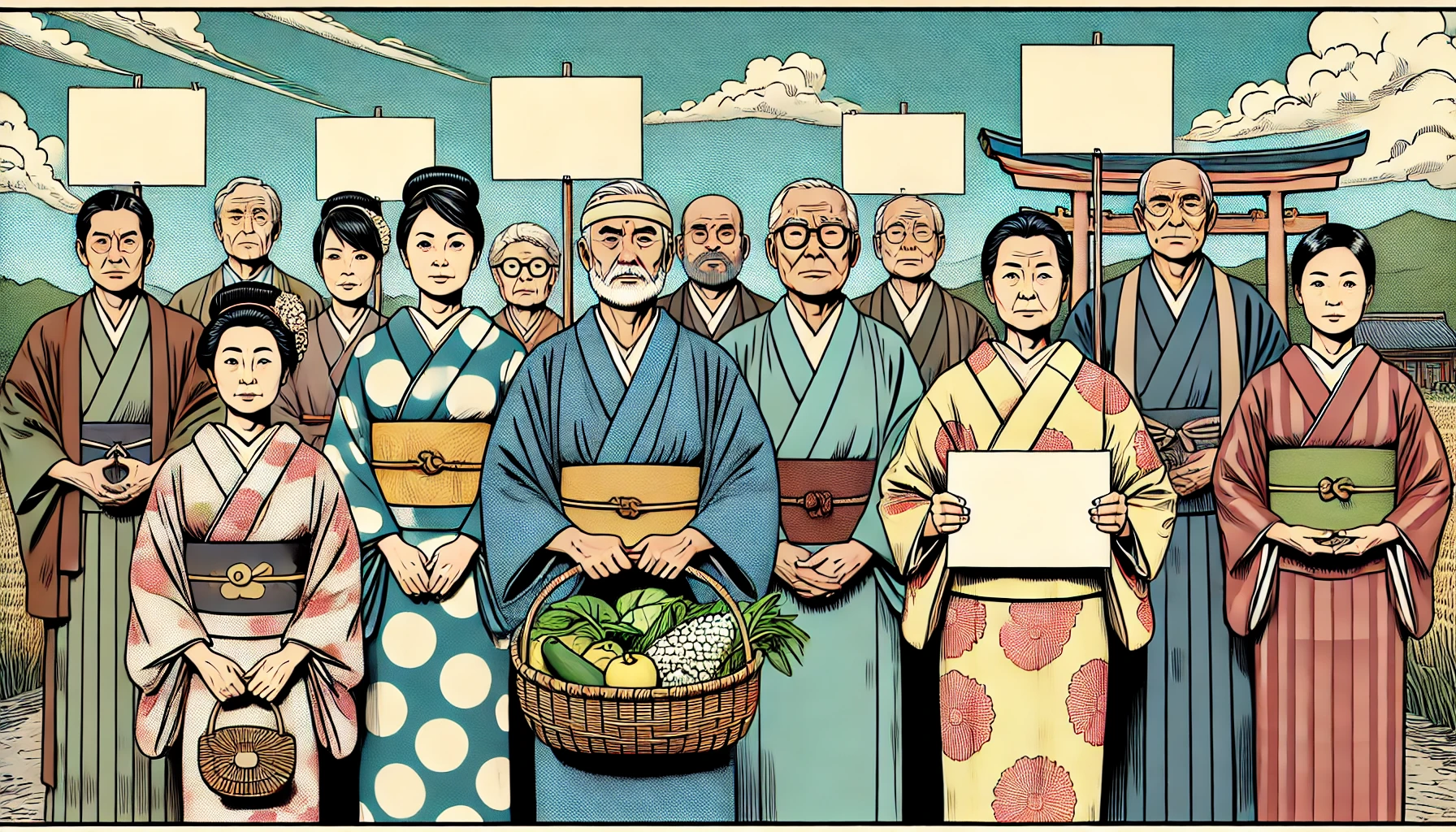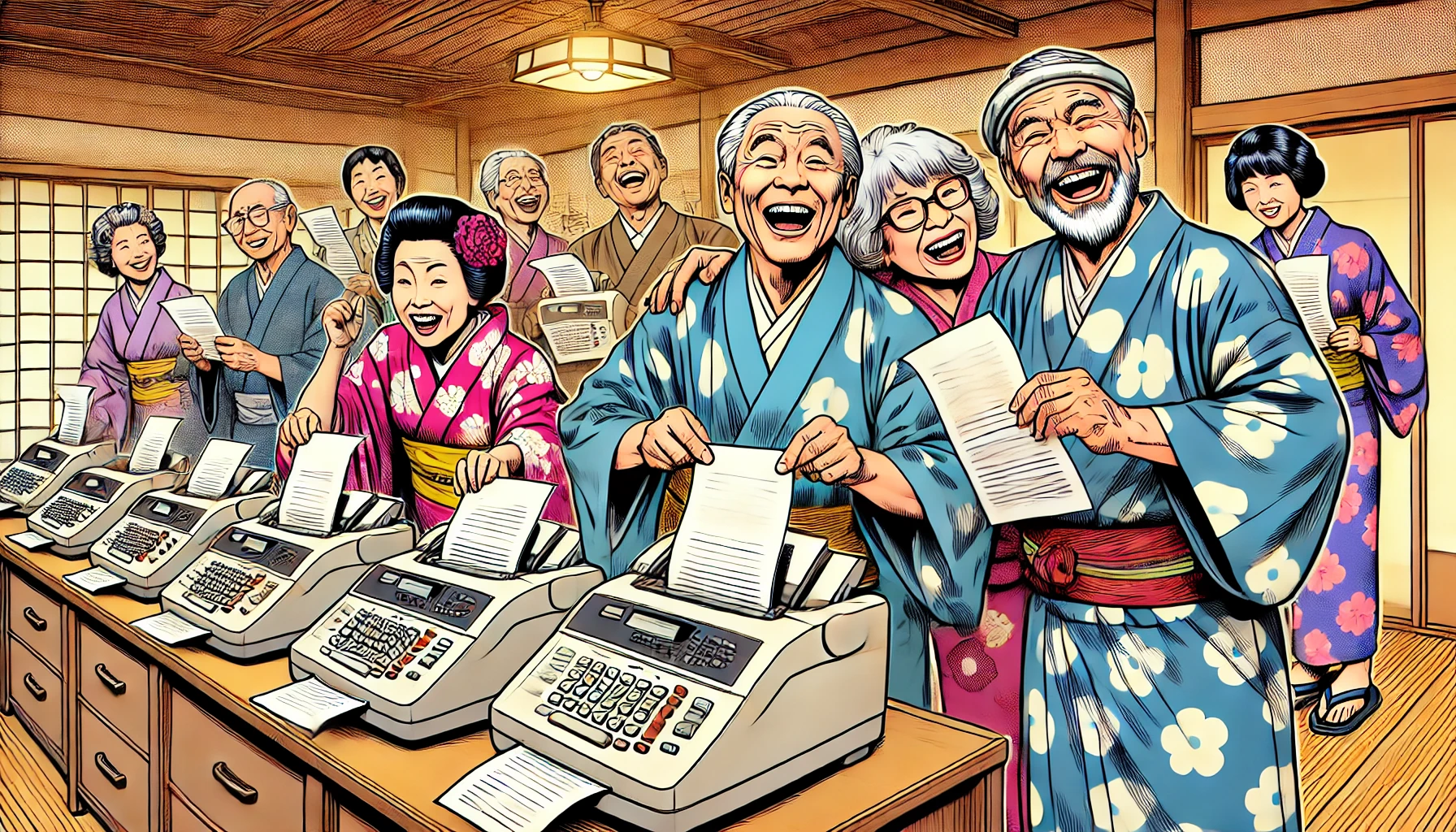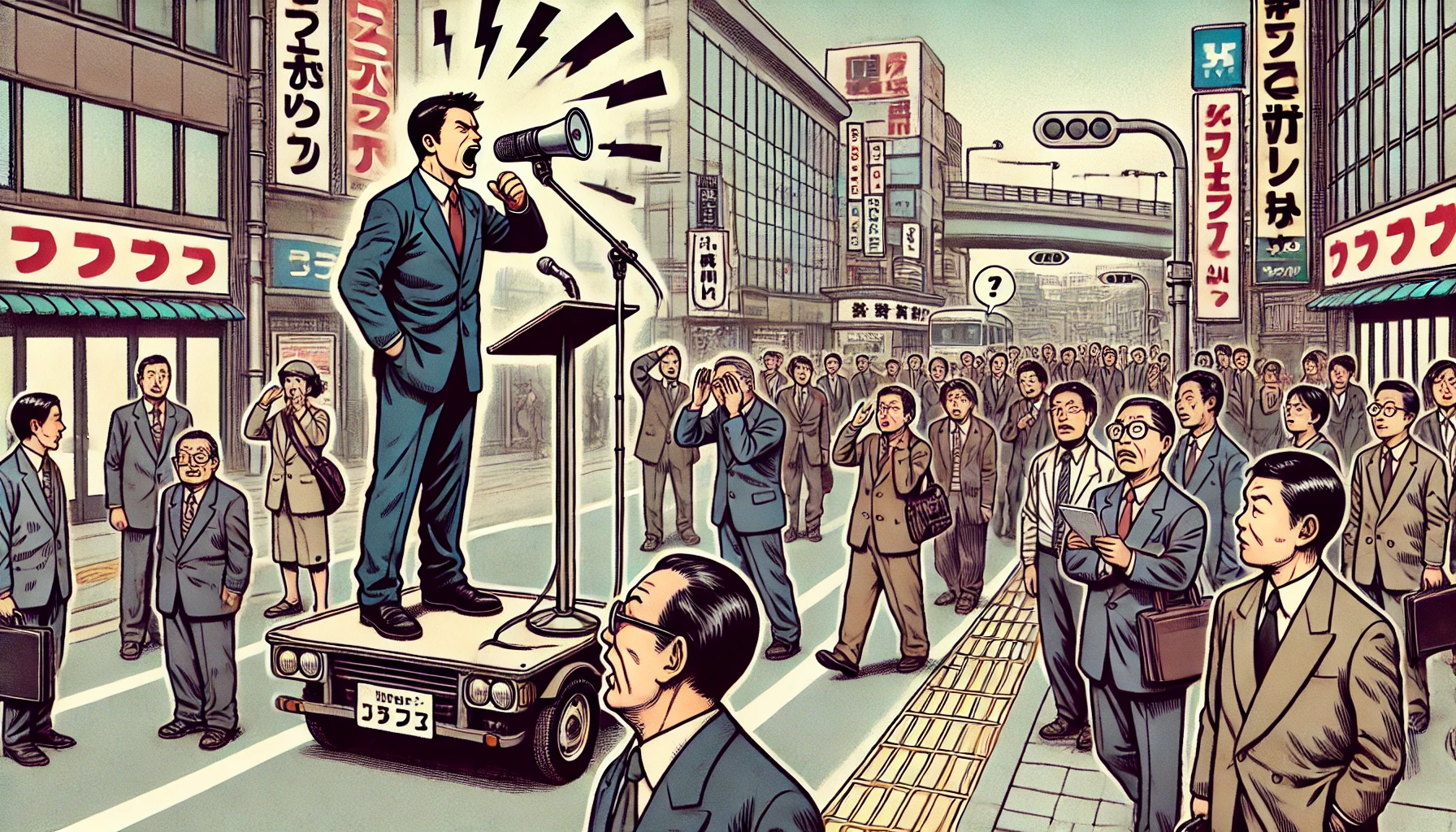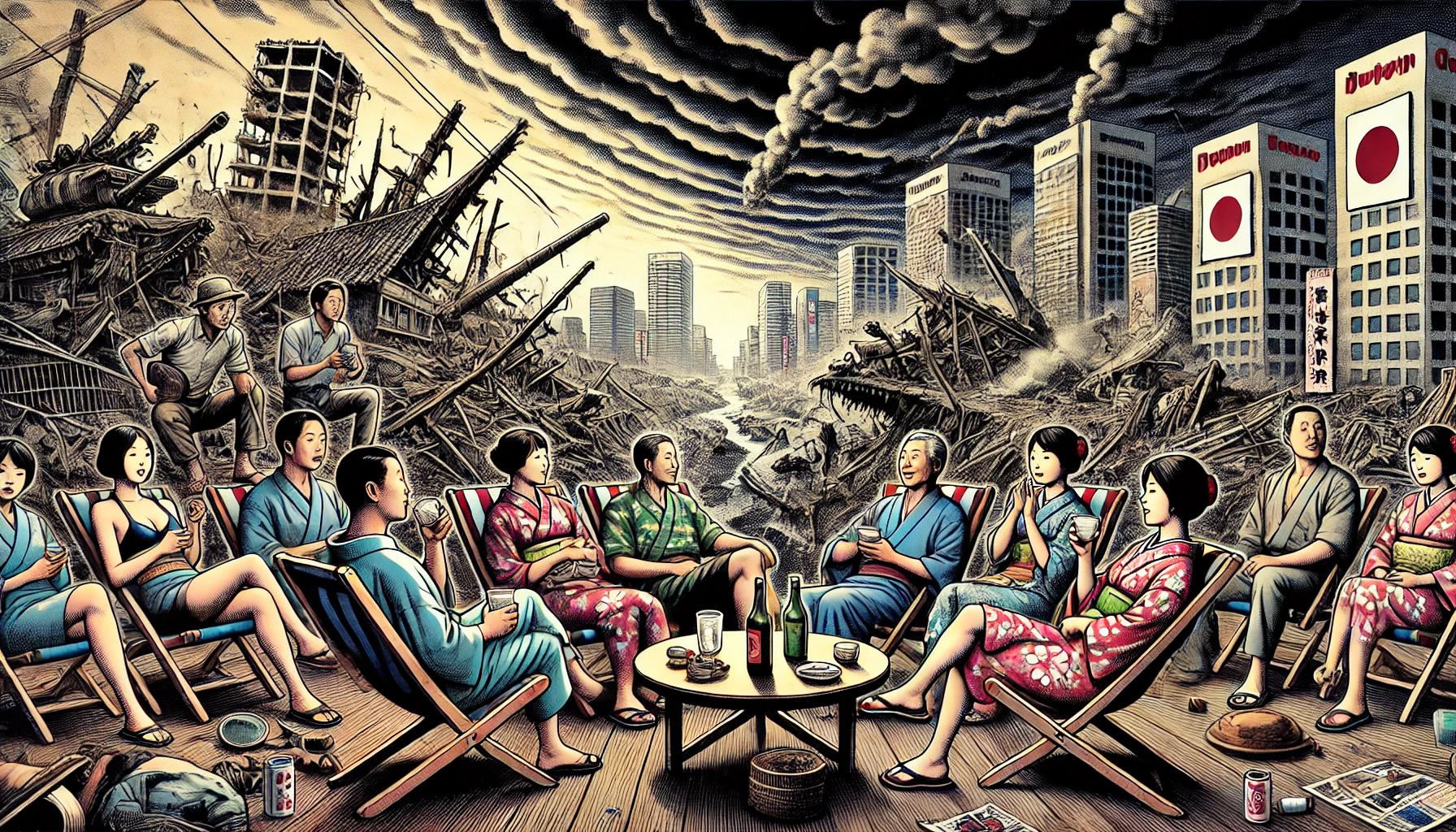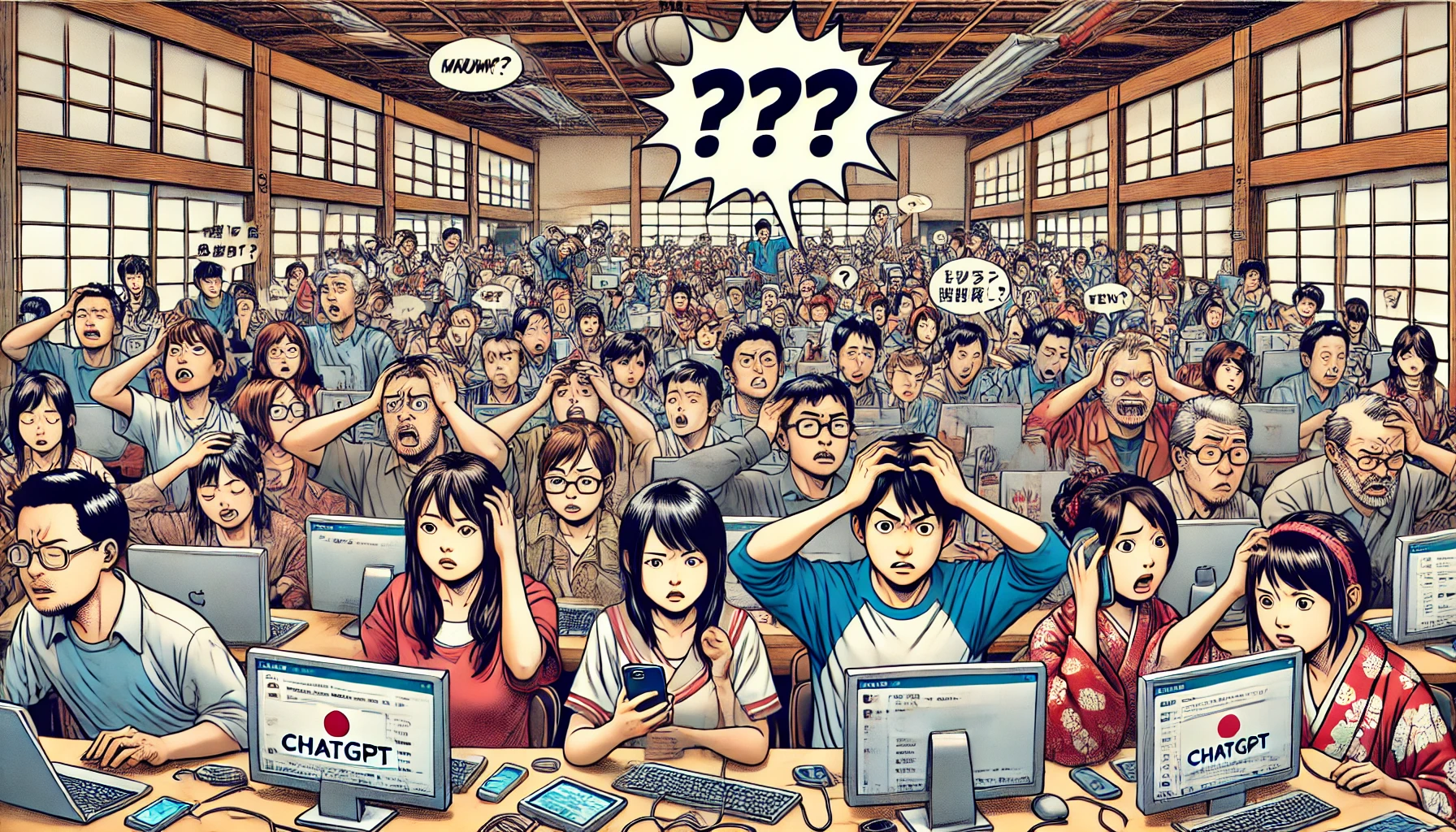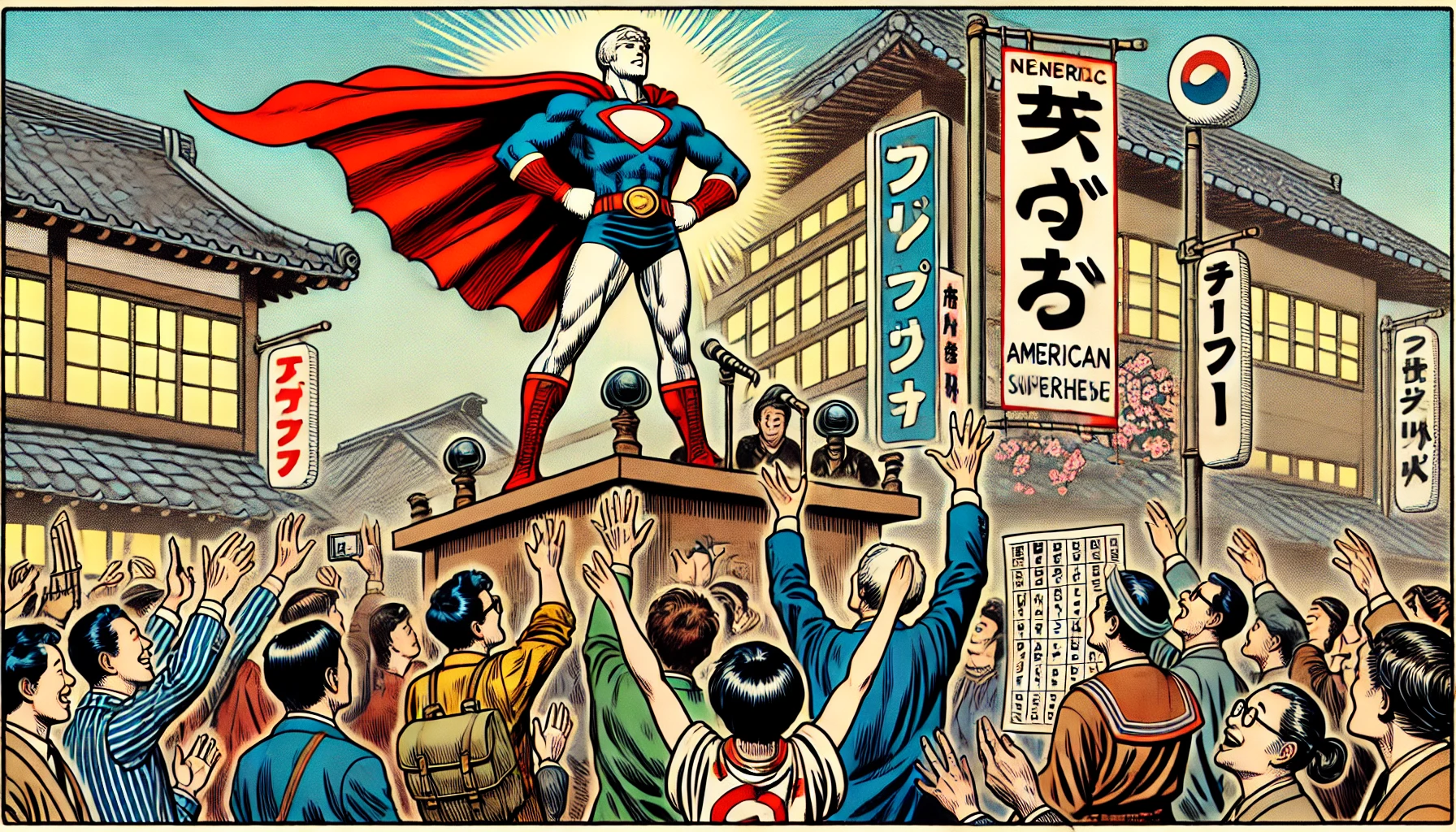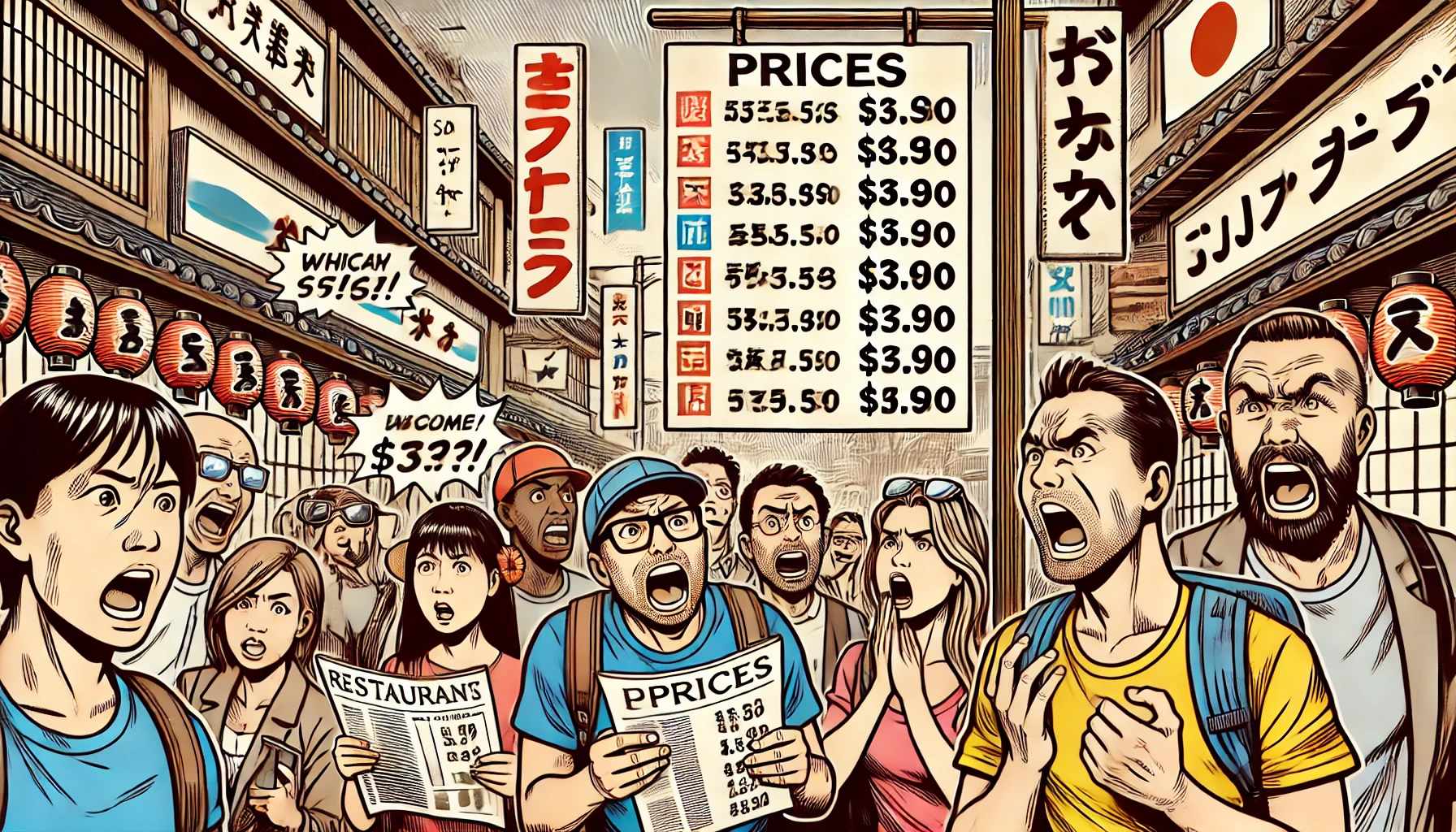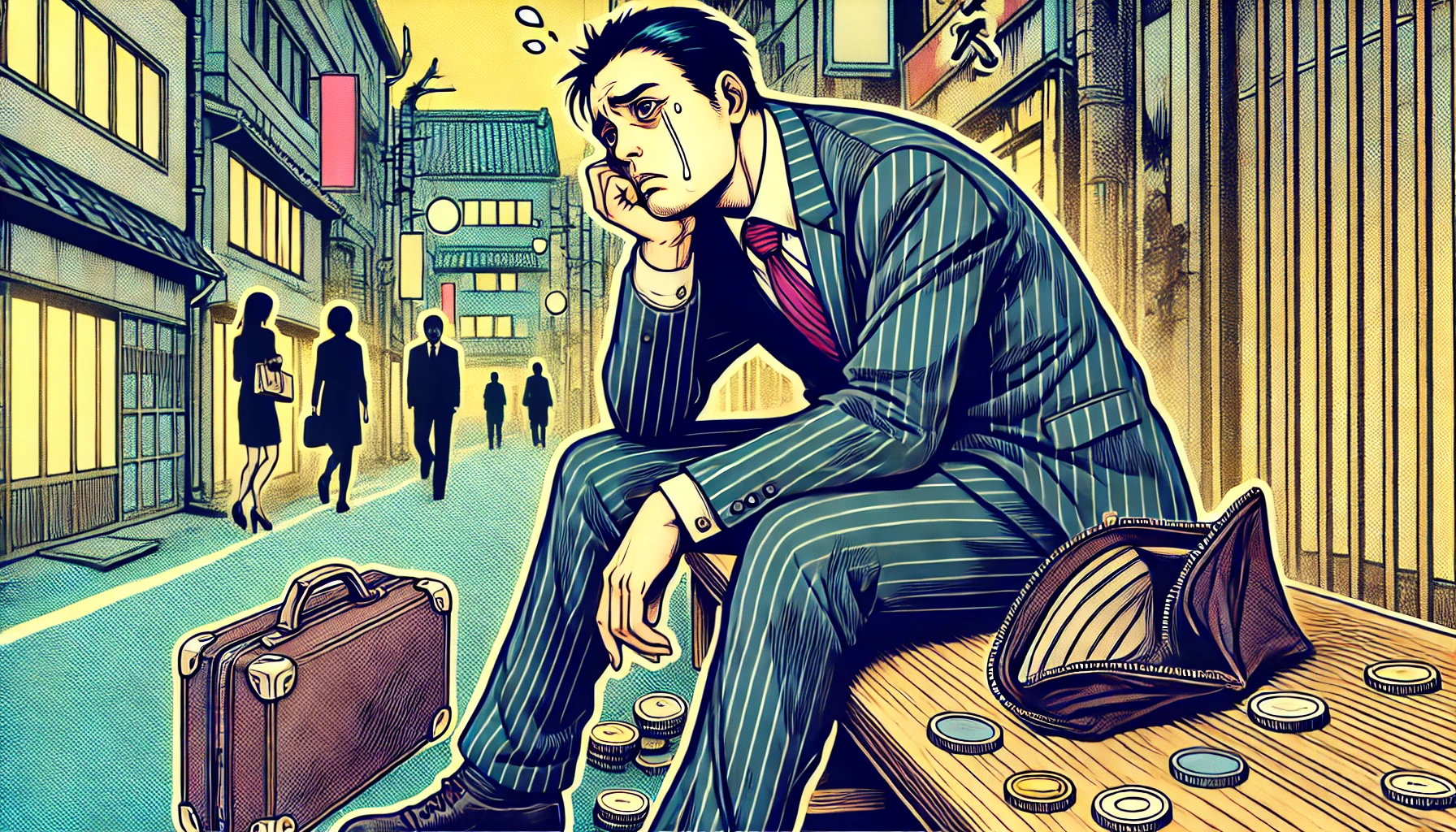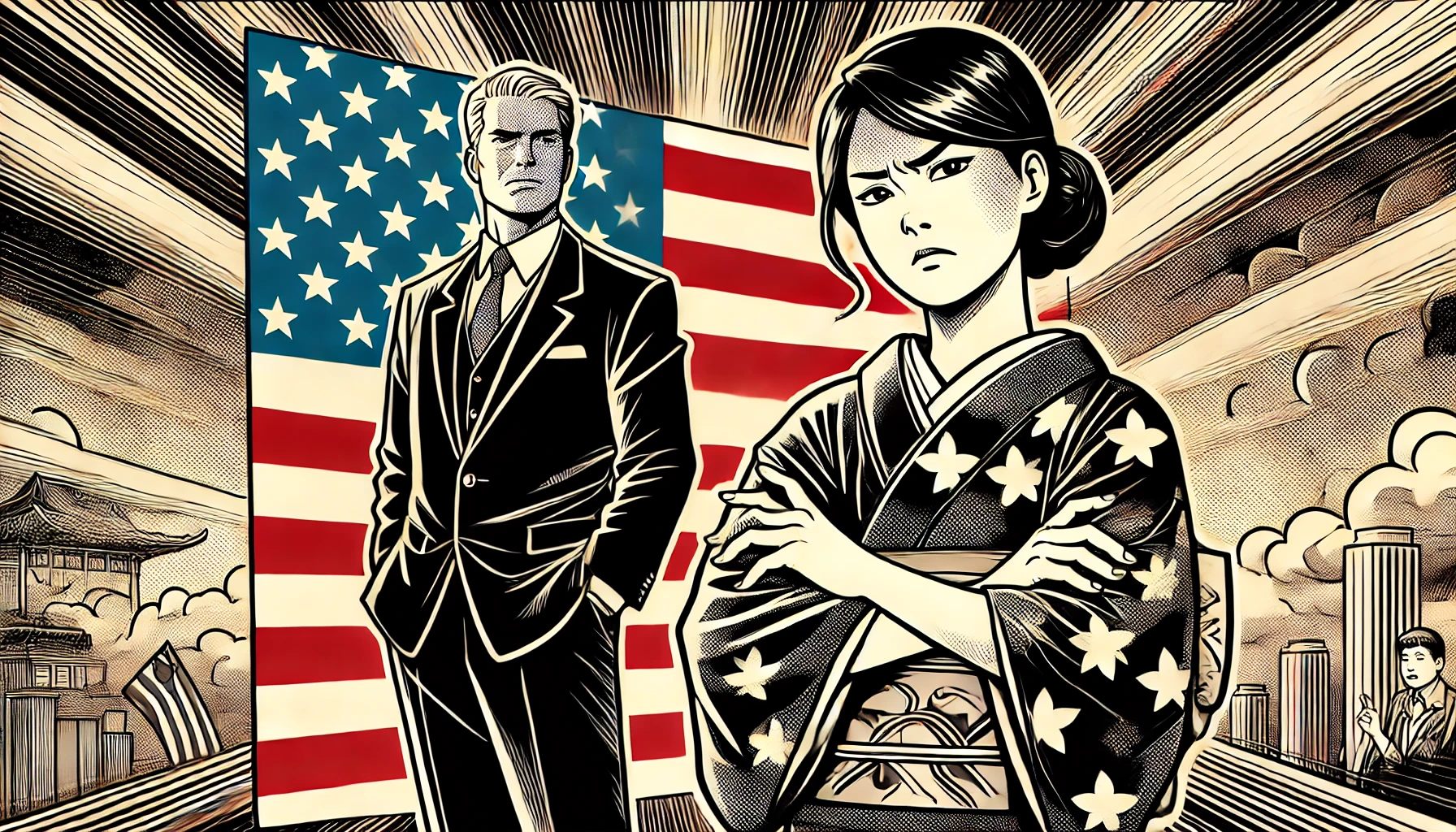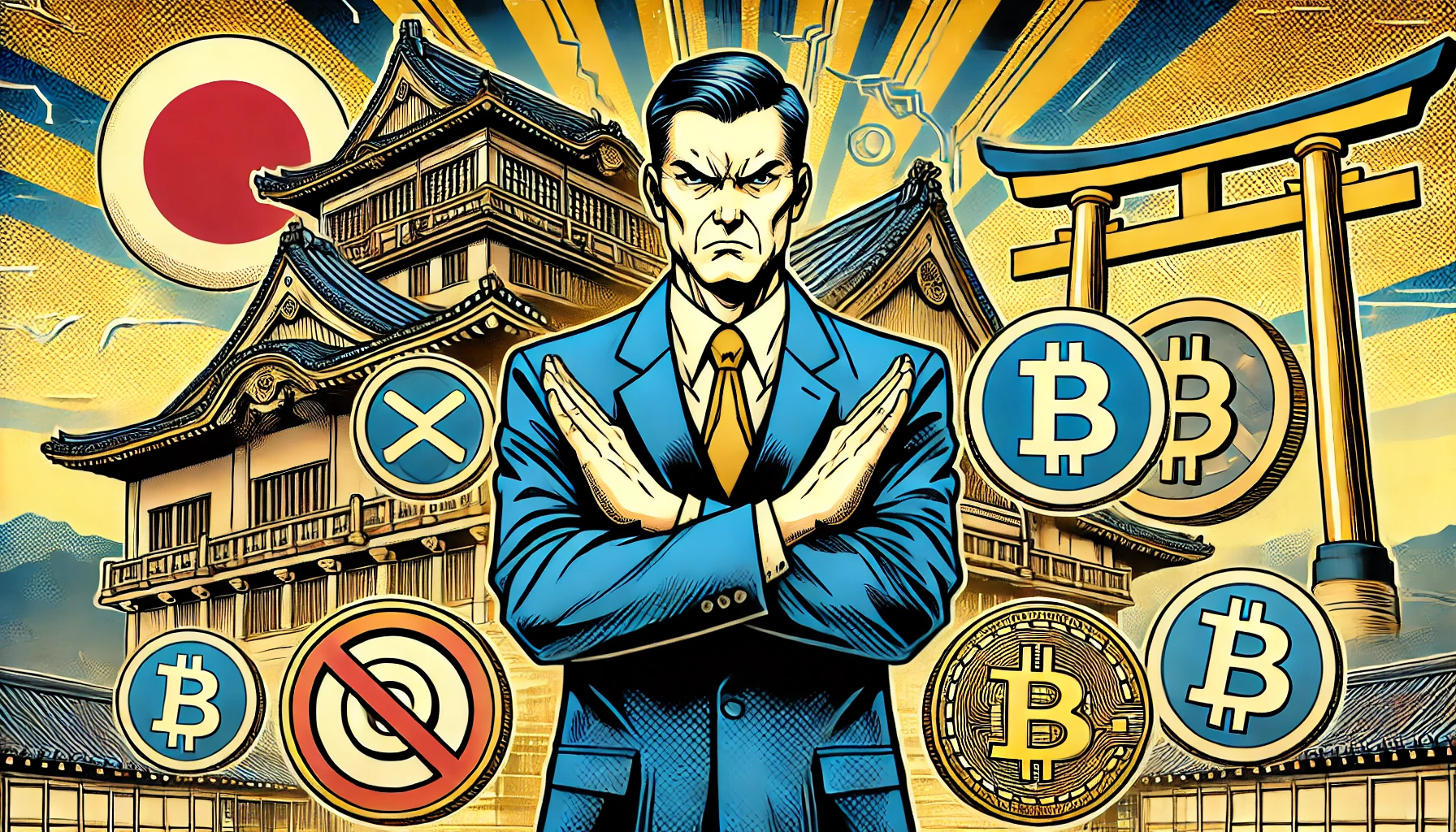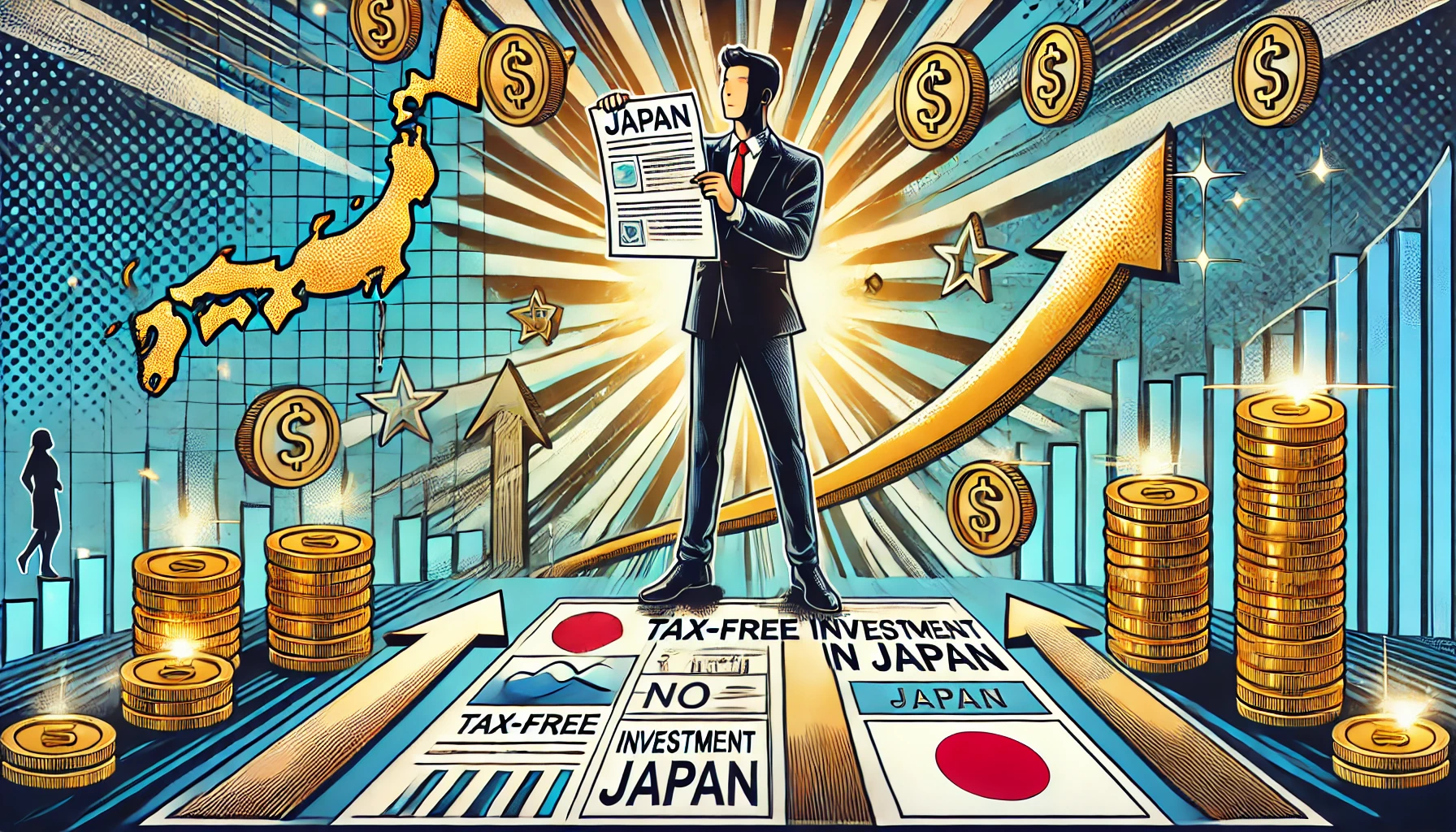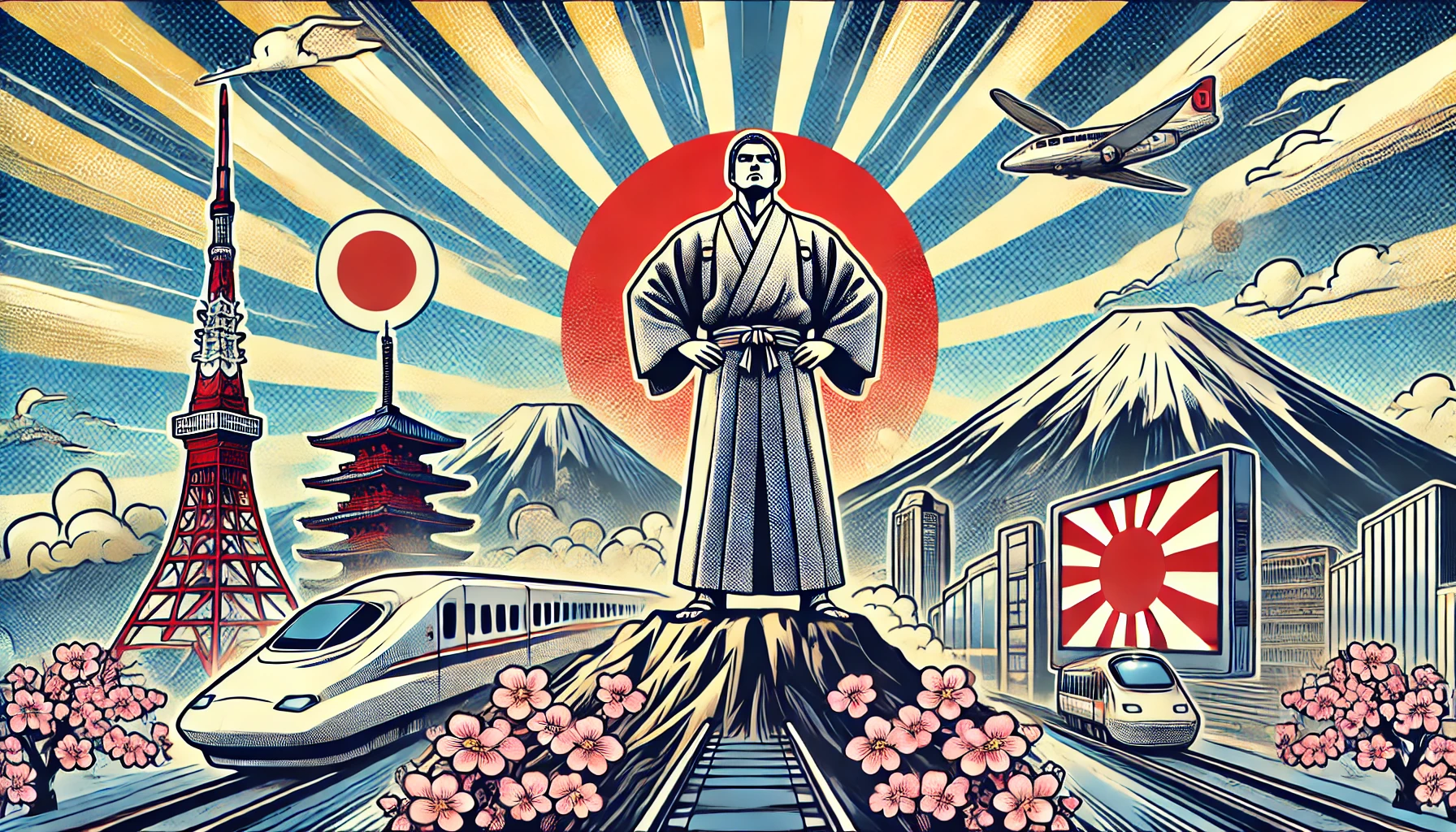
Introduction
In recent weeks, a phrase has been making waves in Japan’s political sphere and social media: “Nihonjin First” (日本人ファースト). While it may sound similar to slogans like “America First,” its meaning—and implications—are subtly but significantly different.
So, what does this phrase mean, and why is it attracting attention now?
What Does “Nihonjin First” Really Mean?
Unlike “Japan First” (which could broadly prioritize the nation’s interests), “Nihonjin First” emphasizes giving preferential treatment specifically to Japanese citizens—not just Japan as a country.
This phrasing implies:
- Citizenship-based prioritization in government policies
- Exclusion or limitation for non-citizens or foreigners, even if they live, work, or contribute to Japan
- A focus on ethnic or national identity, not merely patriotism or sovereignty
This wording is more personal, more targeted—and arguably more controversial.
Why It’s Gaining Attention Now
1. A Reflection of Social Anxiety
Amid rising concerns over immigration, job competition, rising living costs, and foreign investment in real estate, some voters feel Japanese nationals are being “left behind.” “Nihonjin First” taps into these anxieties by calling for policy that places locals above all.
2. Political Amplification by Sanseitō
The nationalist-leaning Sanseitō party has adopted this phrase in recent campaign materials. Their message: Japan must take care of its own people first, especially in welfare, education, and security.
In recent stump speeches, party leader Kamiya Muneyoshi emphasized that “citizenship must mean something,” explicitly stating that social services should be reserved for Japanese nationals.
3. A Shift in Language and Framing
The deliberate choice of “Nihonjin” (日本人) rather than “Nihon” (日本) shows a turn from national interest to ethno-national interest. This marks a more radical rhetorical shift, resembling similar populist language used in other countries.
Reactions from the Public and Media
😟 Concern About Discrimination
On social media and blogs, many users voiced discomfort:
“Japan has long prided itself on being safe and fair. But ‘Nihonjin First’ sounds like a call to exclude people who live here but weren’t born Japanese.”
Some bloggers compared it to the rise of exclusionary nationalism overseas, noting that this kind of language risks legitimizing hate or discrimination under the guise of fairness.
📢 Media and Academic Pushback
Japanese commentators and university scholars have criticized the slogan as politically expedient but socially dangerous. They point out that many of Japan’s essential workers—including caregivers and factory laborers—are foreign residents. A blanket “Nihonjin First” policy could backfire economically.
Is It a Growing Trend?
While the phrase hasn’t gone fully mainstream, there are signs of growing traction:
- In the June 2025 local elections, candidates using “Nihonjin First” rhetoric saw increased support, particularly in rural and suburban areas concerned about foreign-owned land and population decline.
- Online search trends show a spike in usage of the term over the last two months, often tied to political debates or viral commentary videos.
- The phrase is also picking up among influencers on YouTube and X (formerly Twitter), where nationalism-flavored content is attracting younger audiences.
Potential Consequences
If the trend continues, we might see:
- Policy proposals that restrict welfare or housing assistance based on citizenship
- Tighter immigration controls framed as protecting Japanese jobs and culture
- Increased social tension, especially in areas with high foreign resident populations
The phrase may also become a litmus test in future elections—used by some parties to differentiate themselves from “globalist” or “pro-immigration” opponents.
Final Thoughts
“Nihonjin First” is more than just a slogan—it’s a reflection of complex emotions around identity, economic stress, and political dissatisfaction. But its rise also signals a fork in the road: Japan can choose to address its challenges inclusively, or drift toward an exclusionary path.
| ✅ Seen As | ⚠️ Criticized For |
|---|---|
| Protecting citizens’ rights | Encouraging xenophobia |
| Addressing unequal benefit structures | Targeting foreigners unfairly |
| Promoting national pride | Reinforcing ethnic exclusivity |

